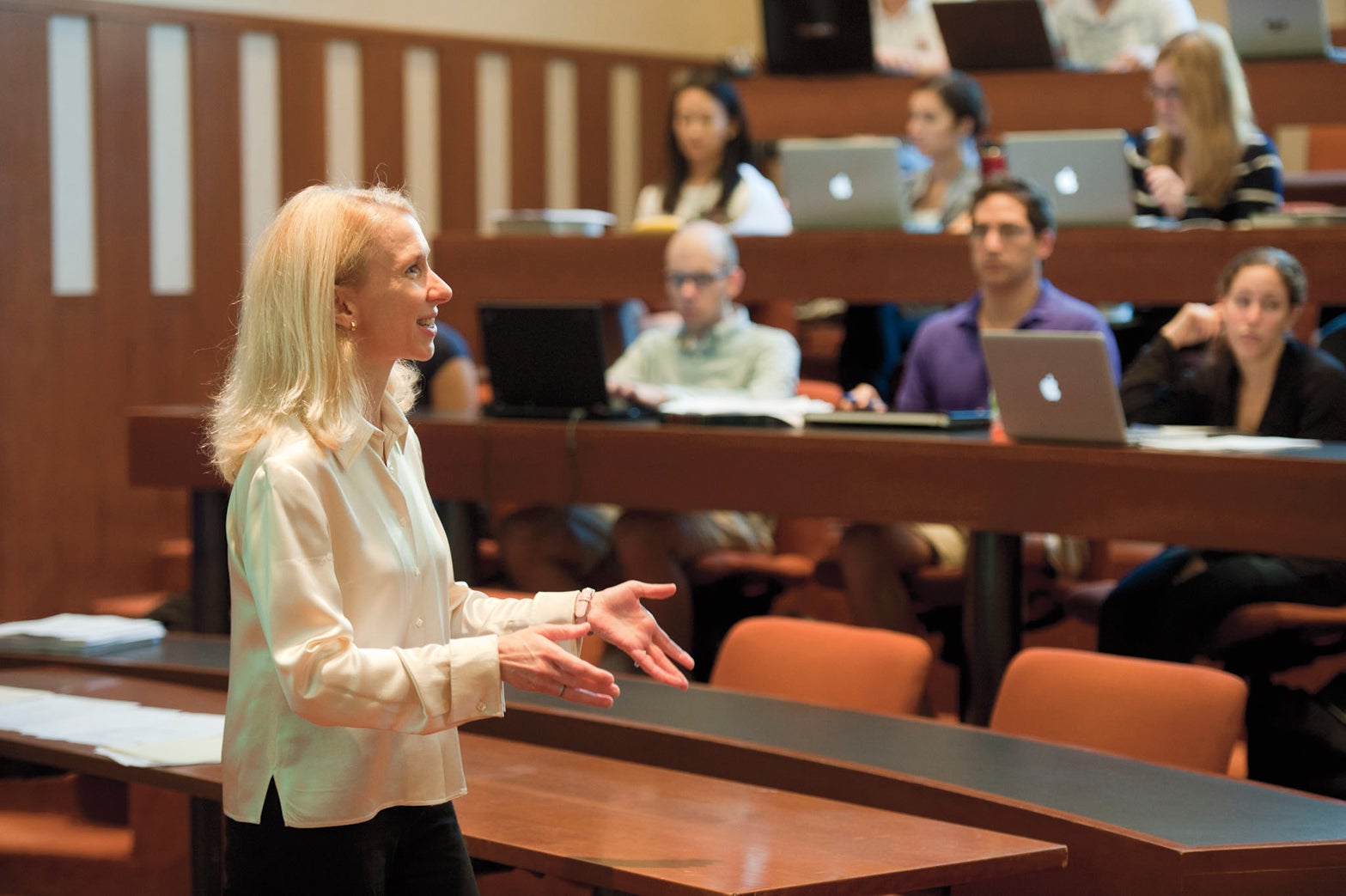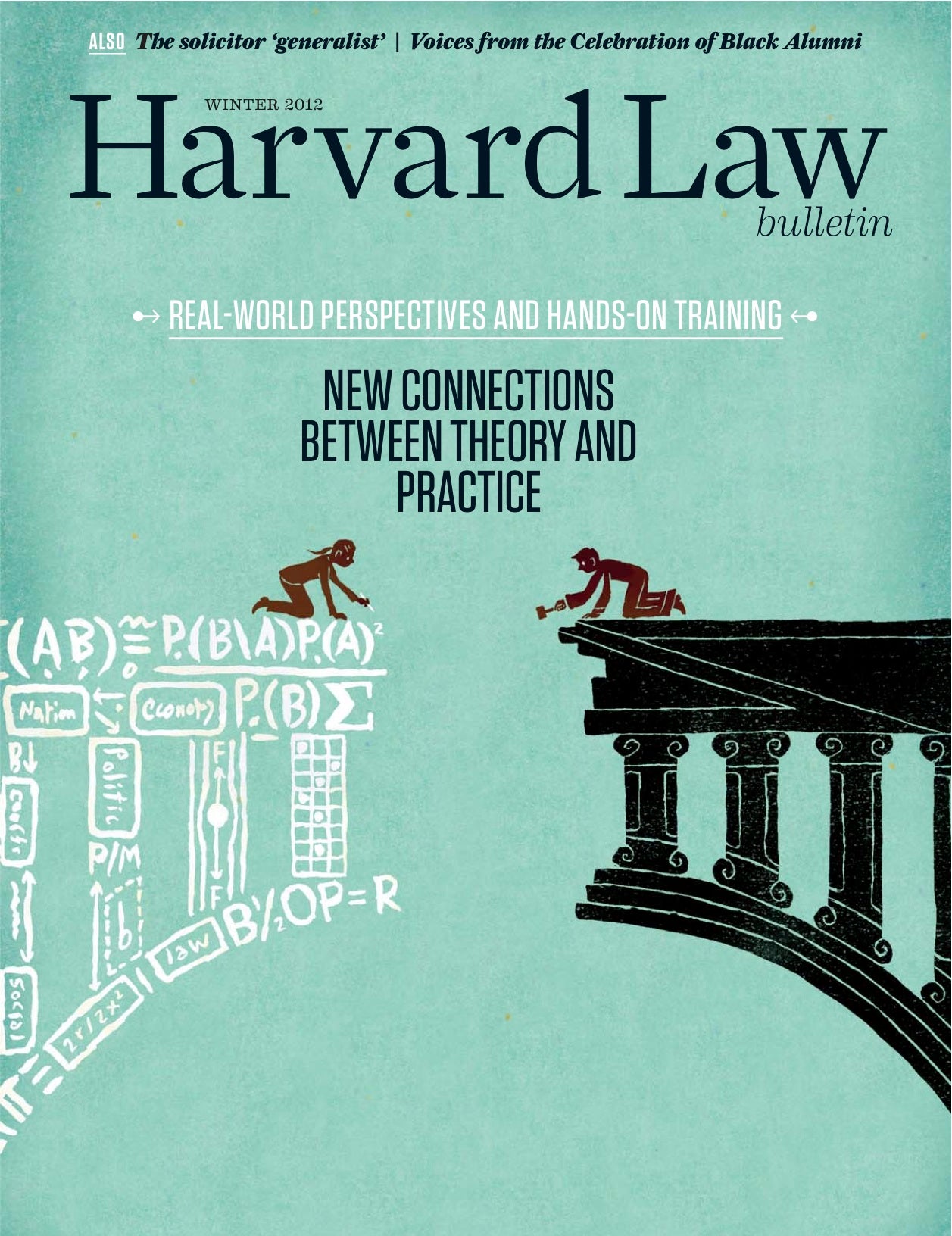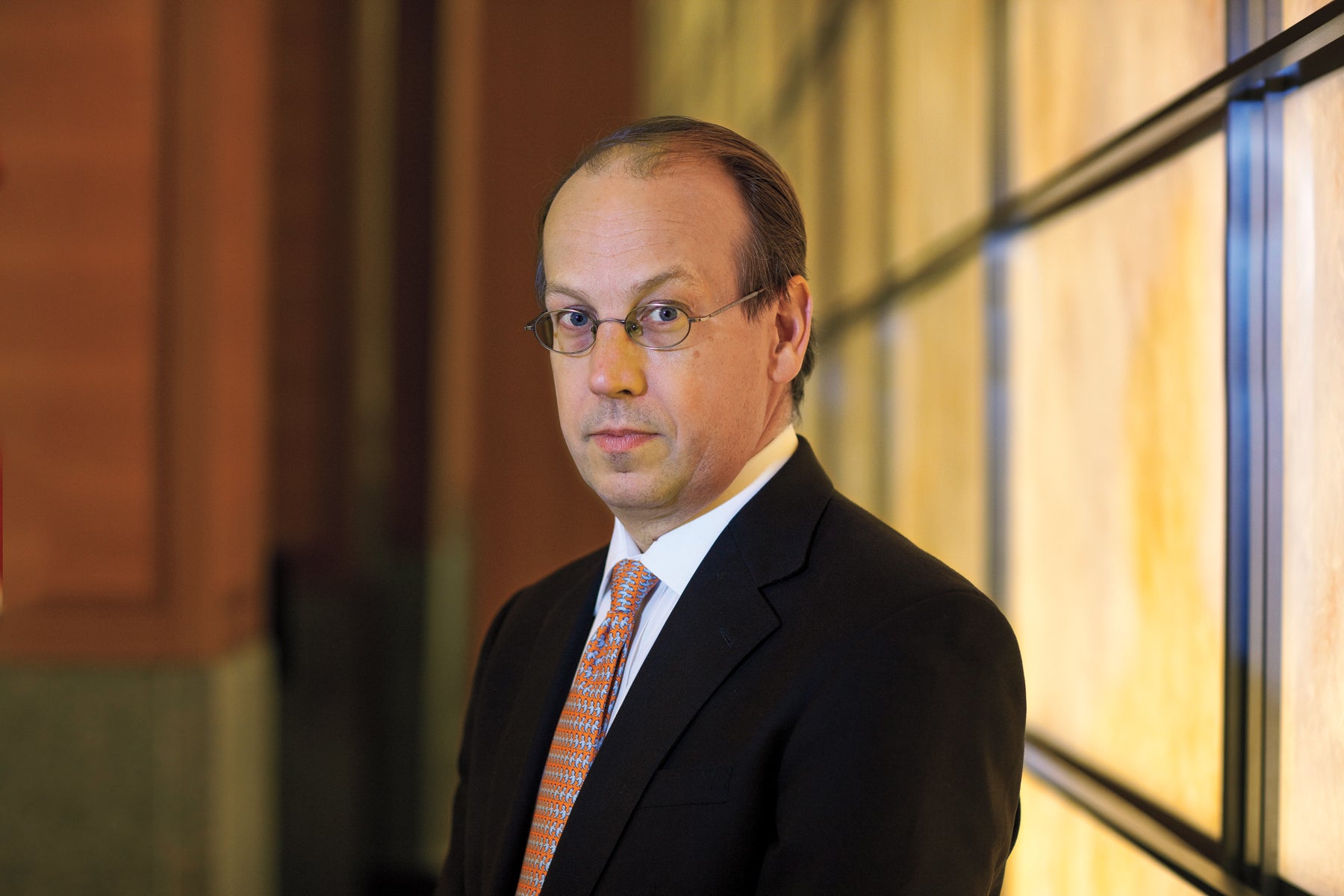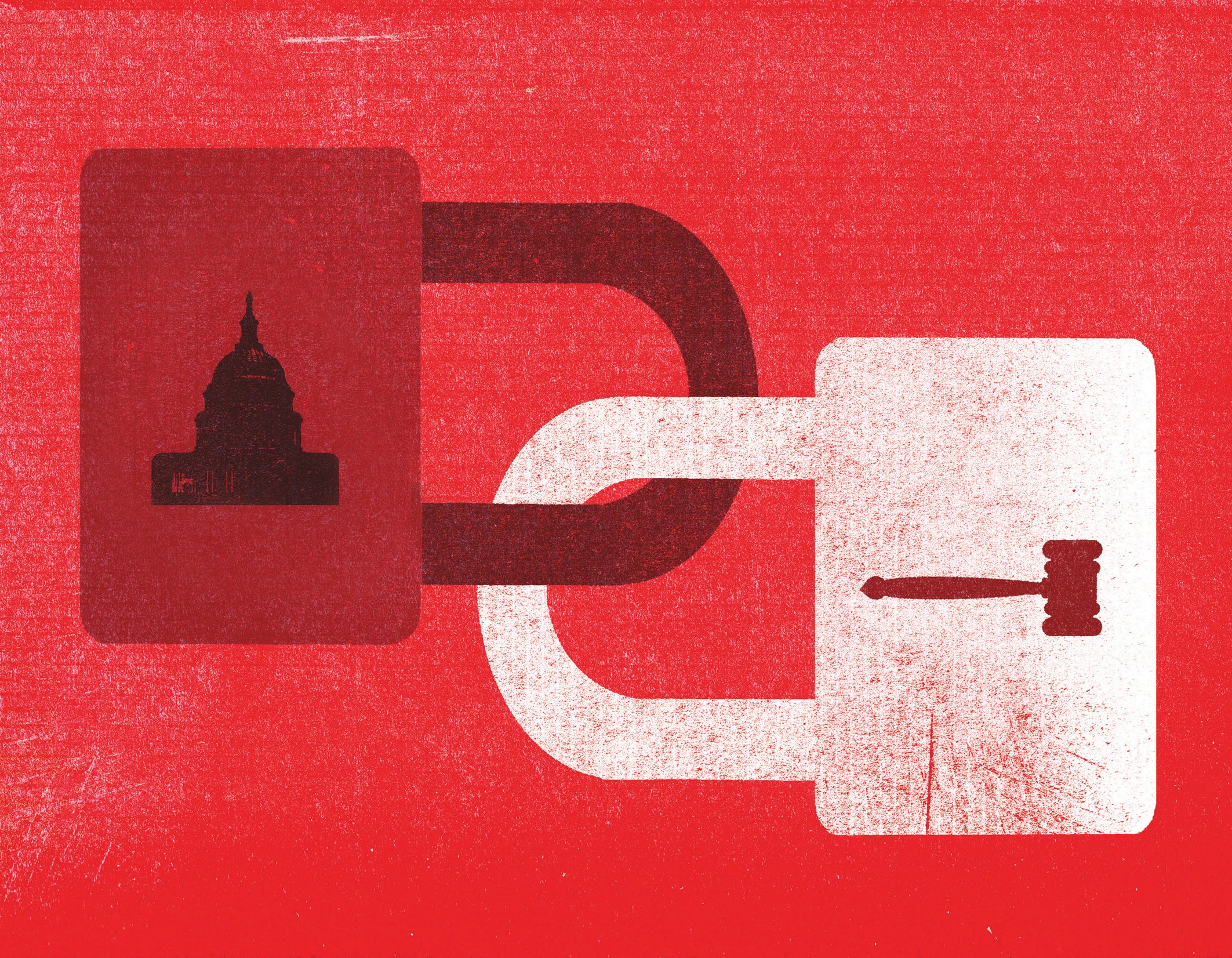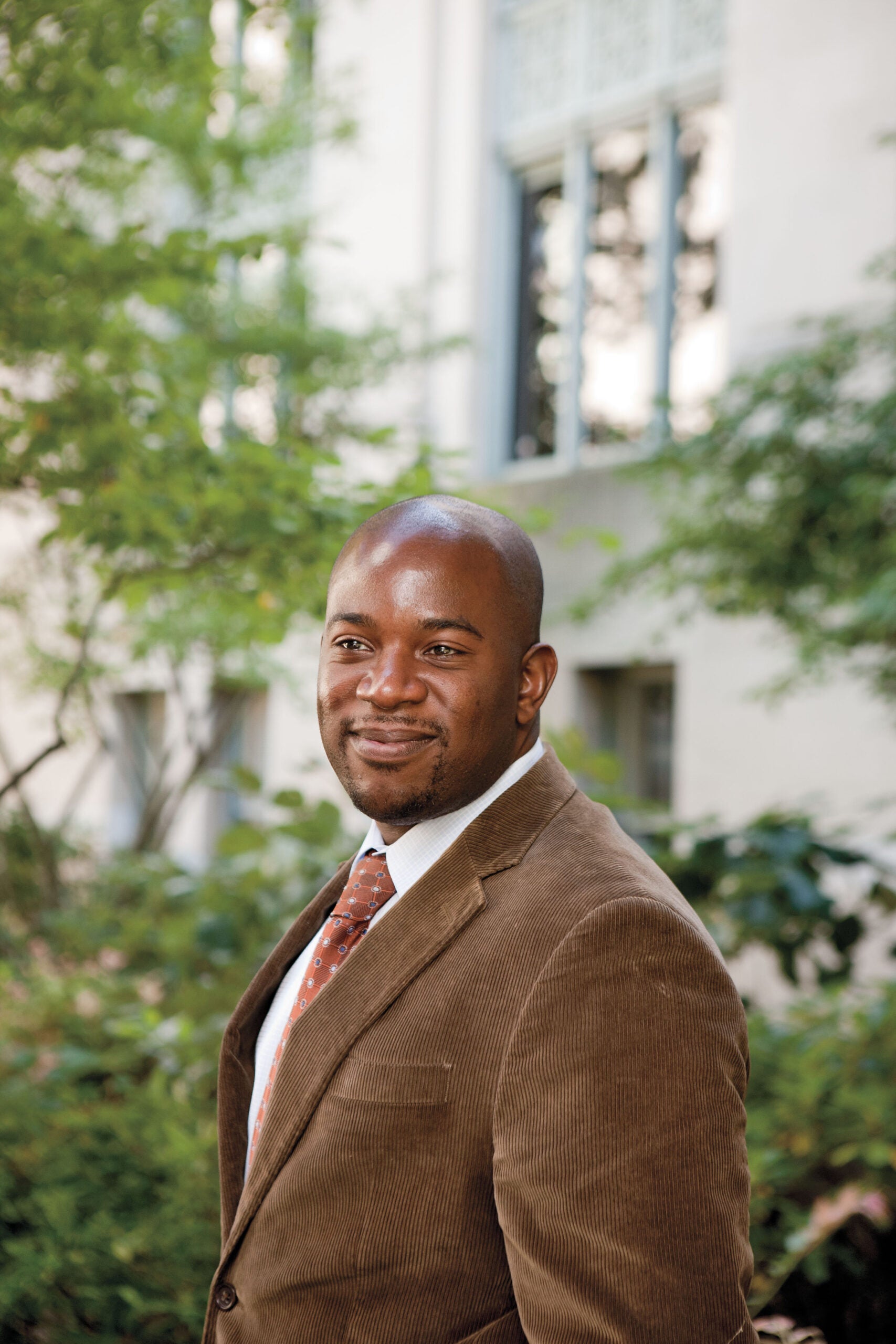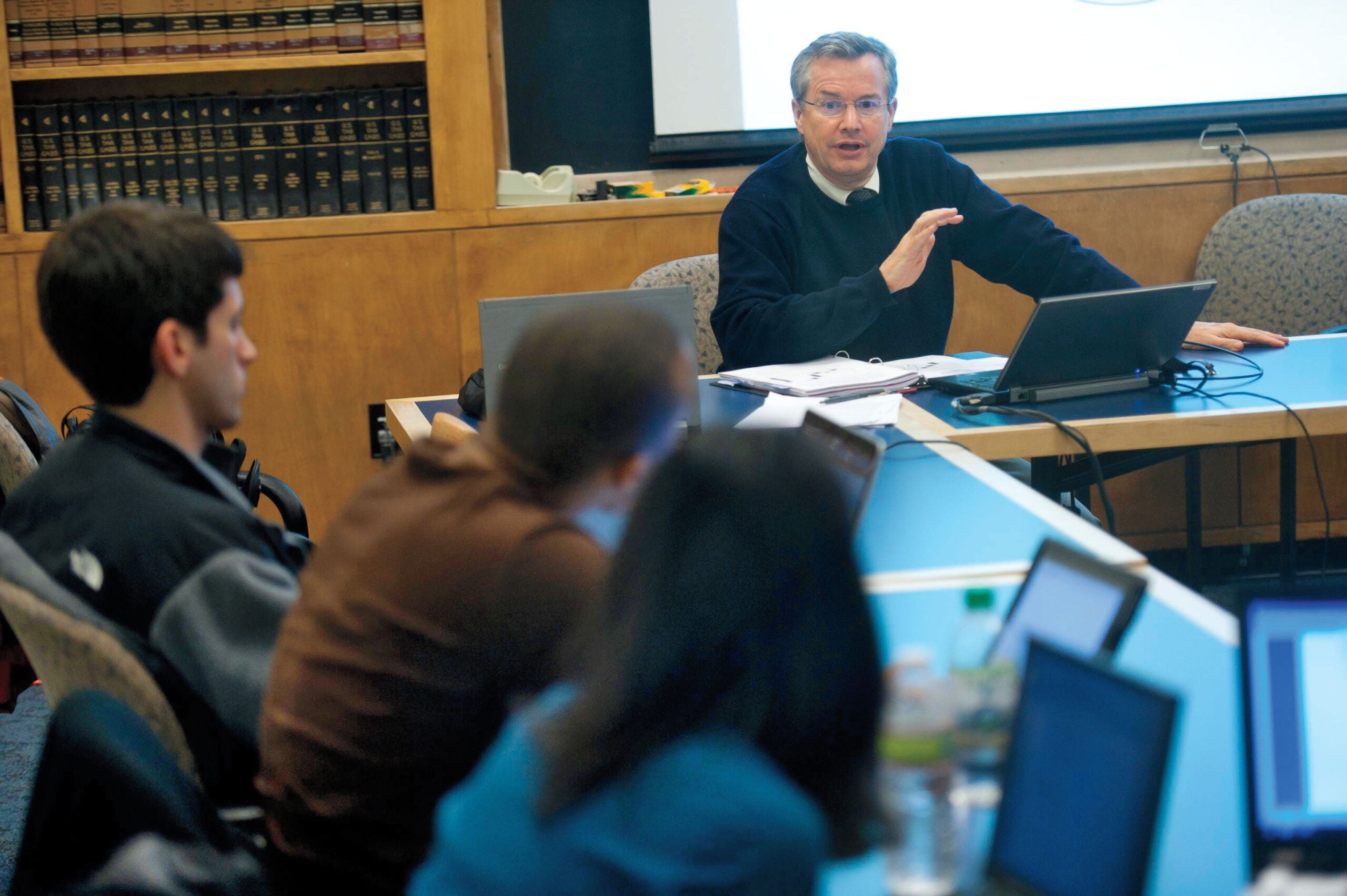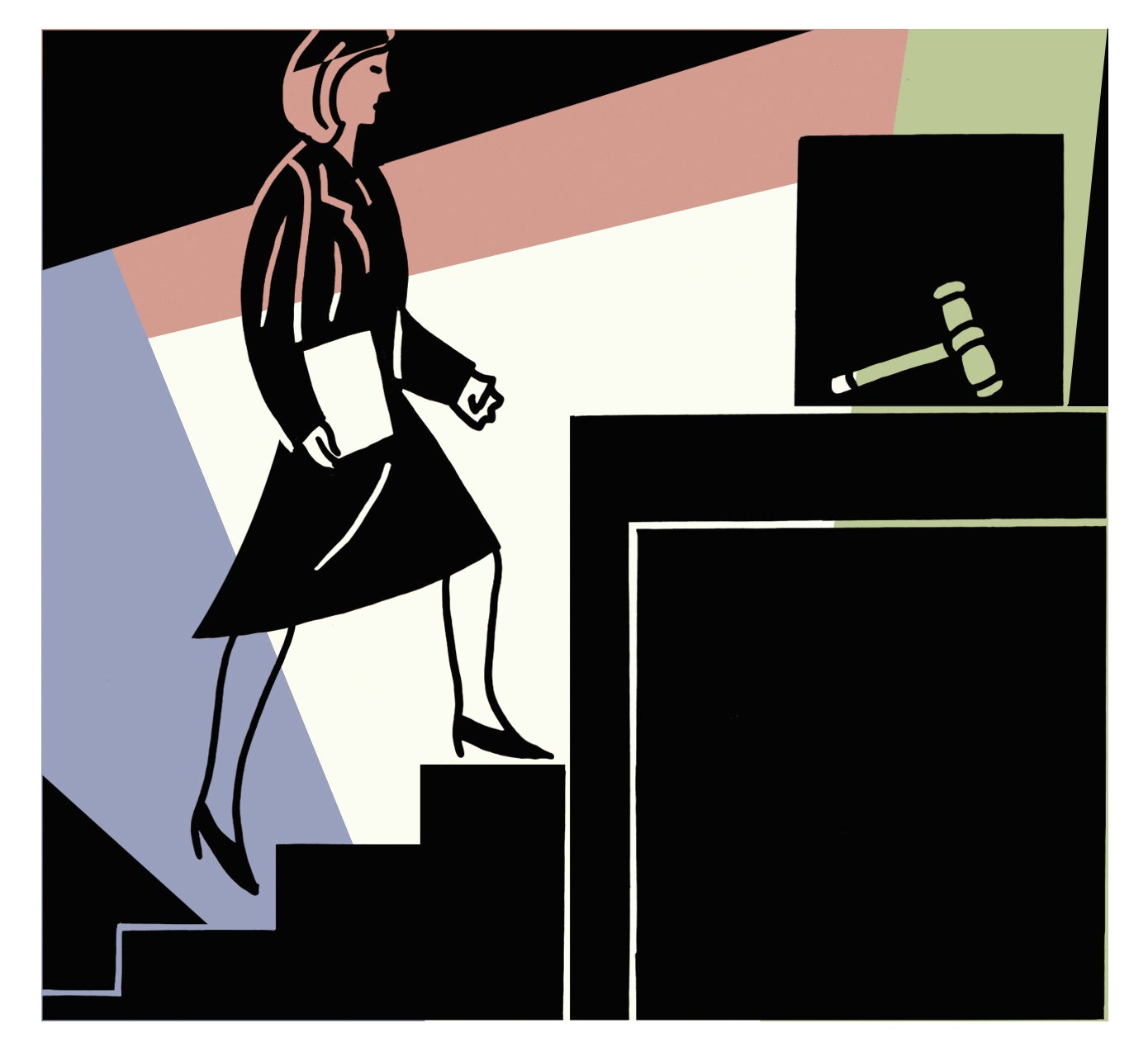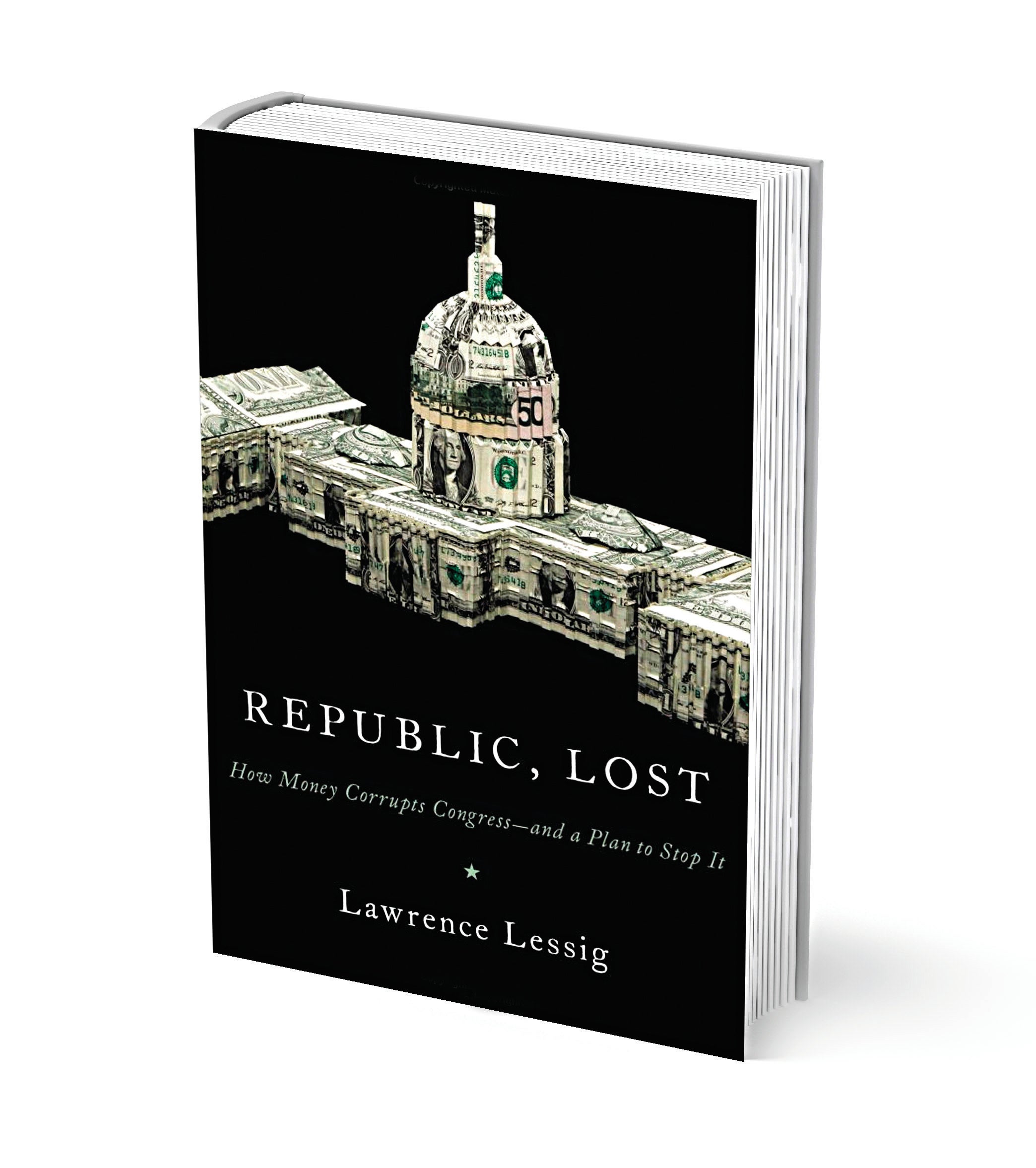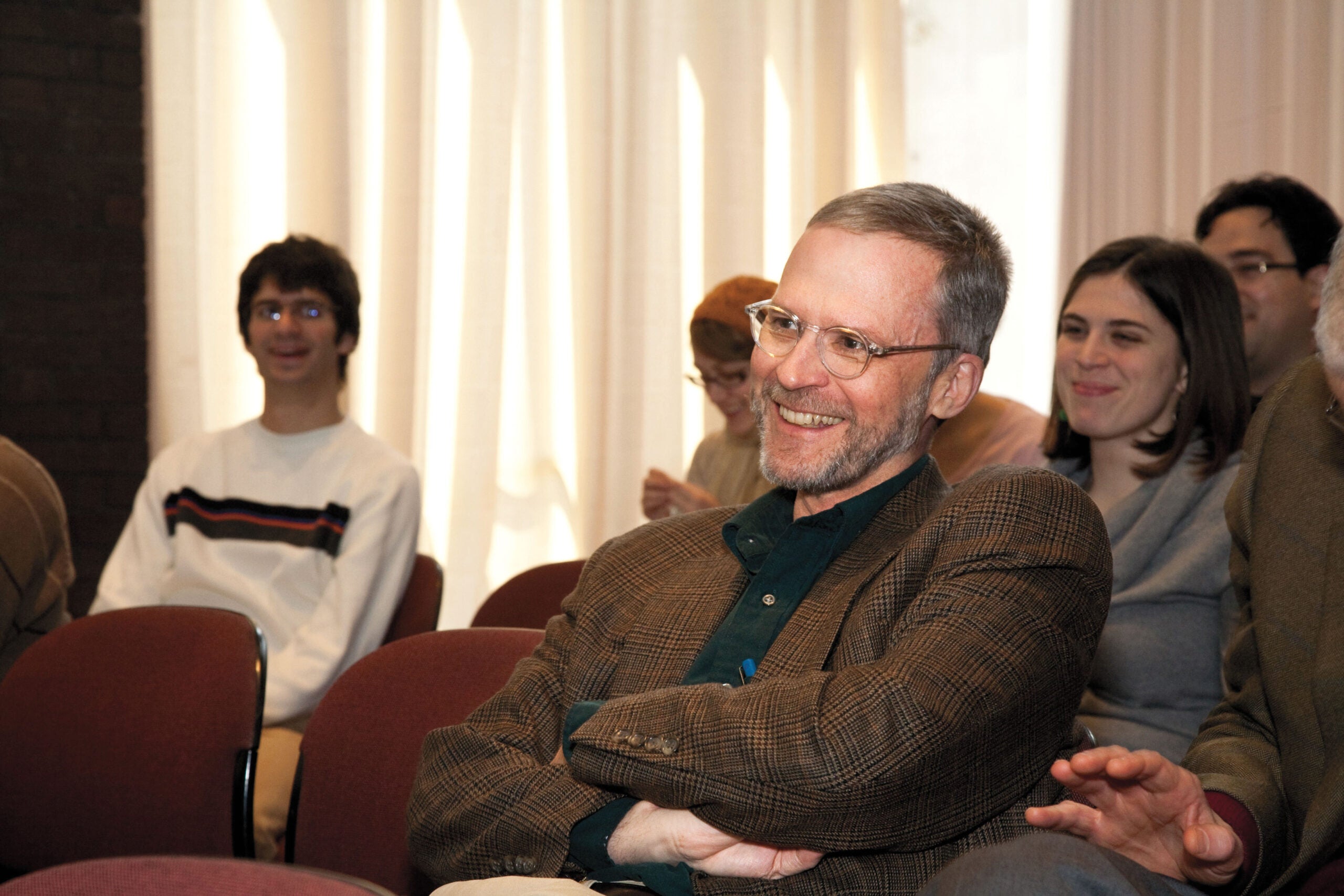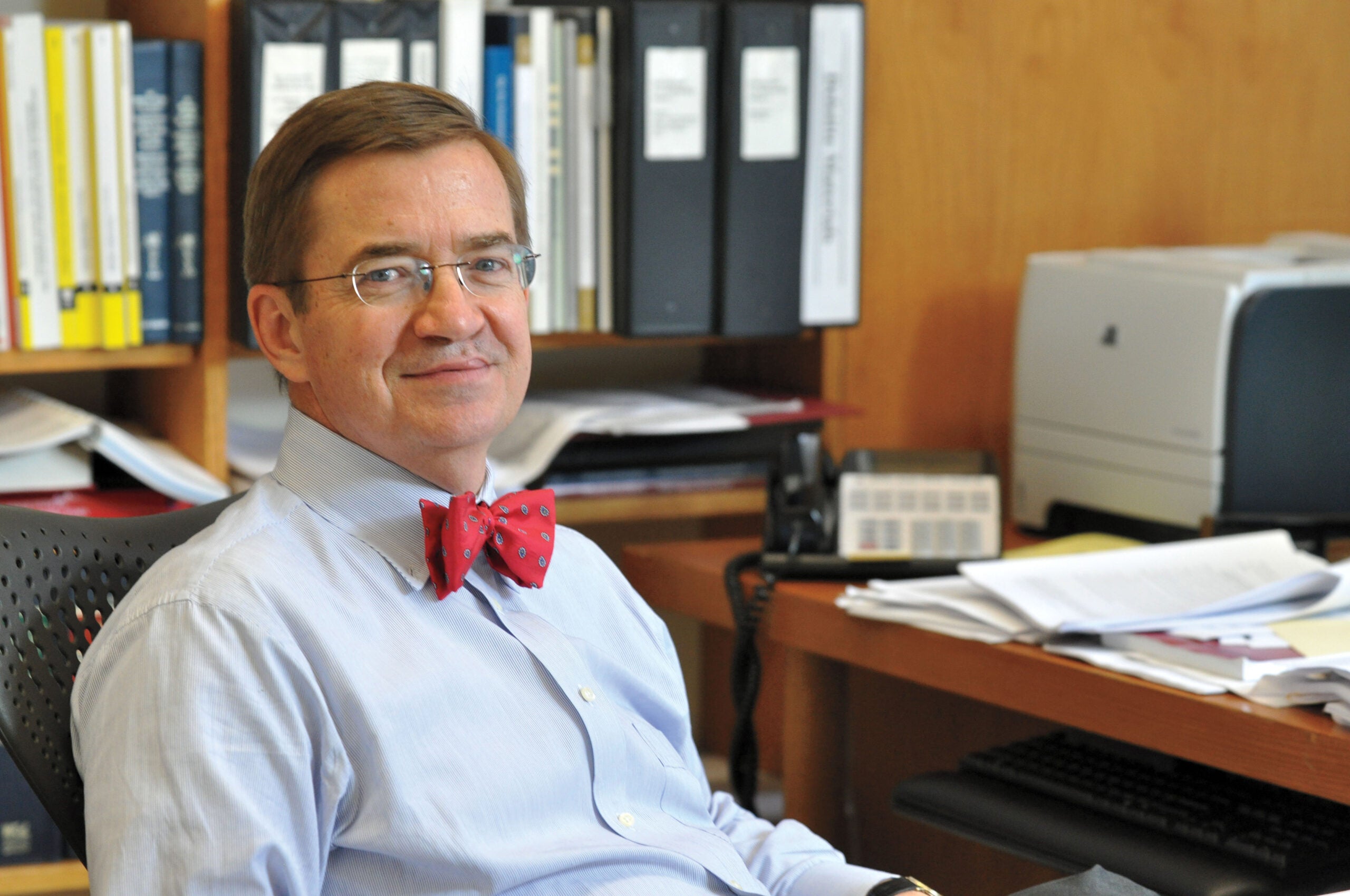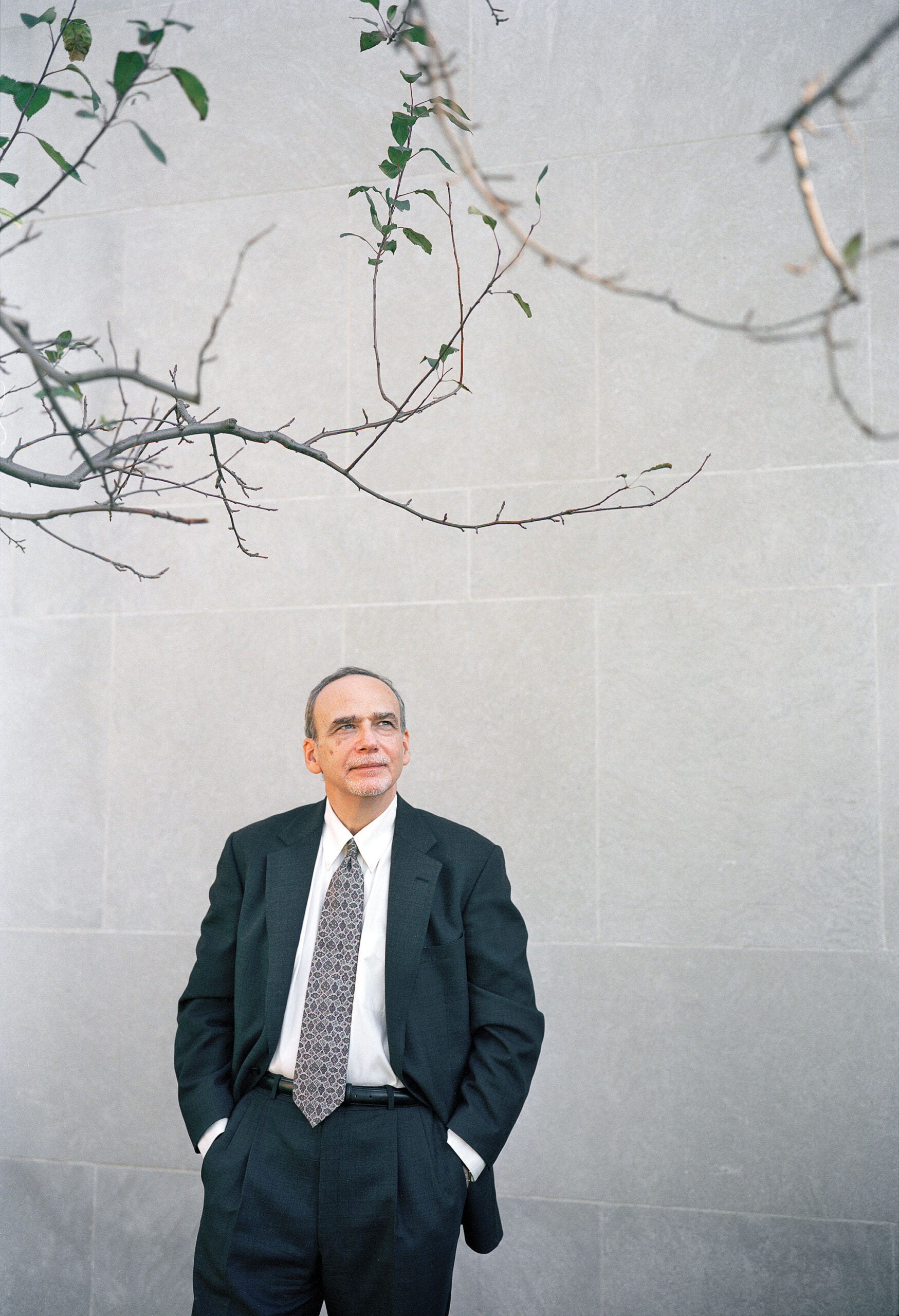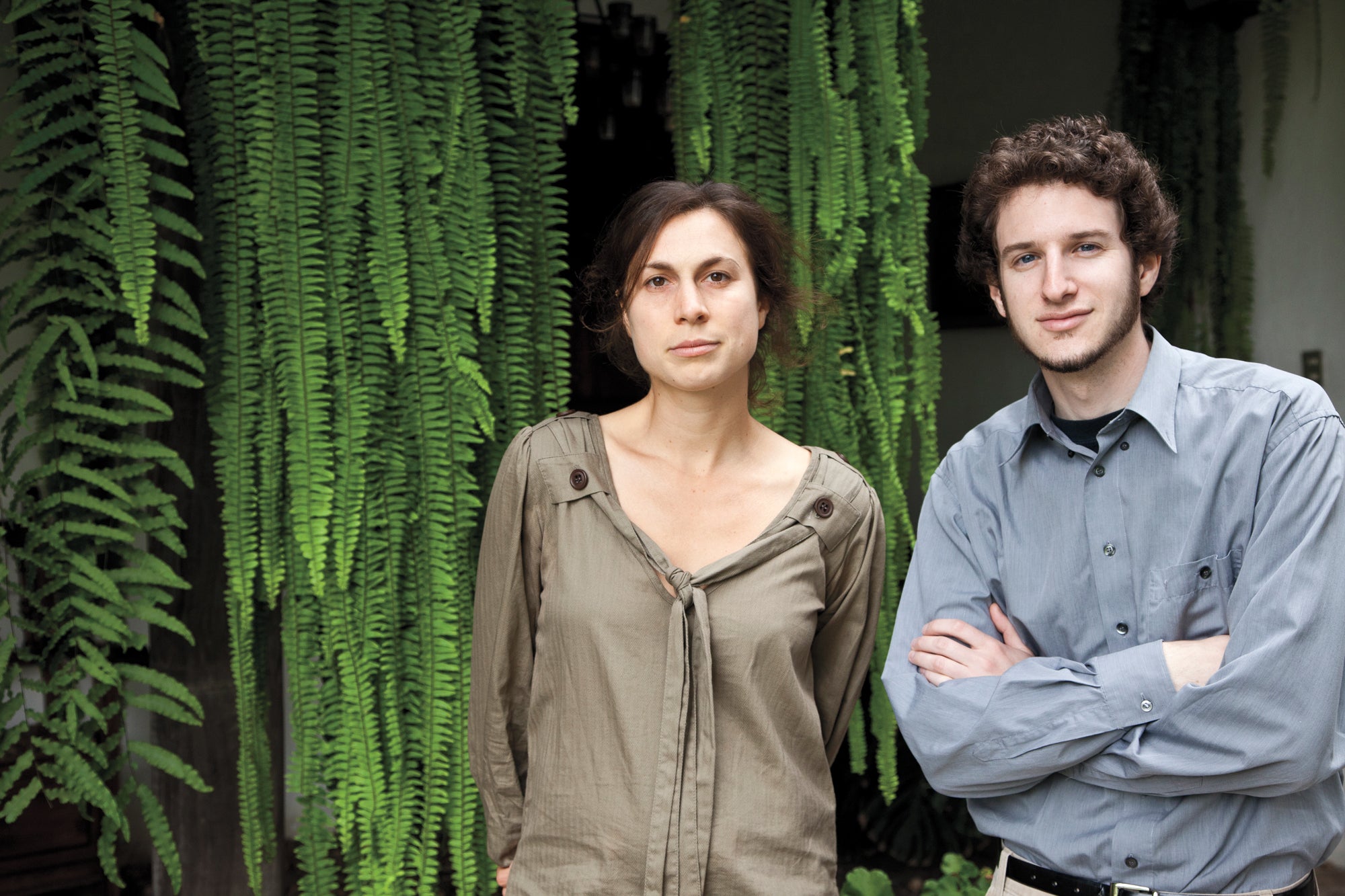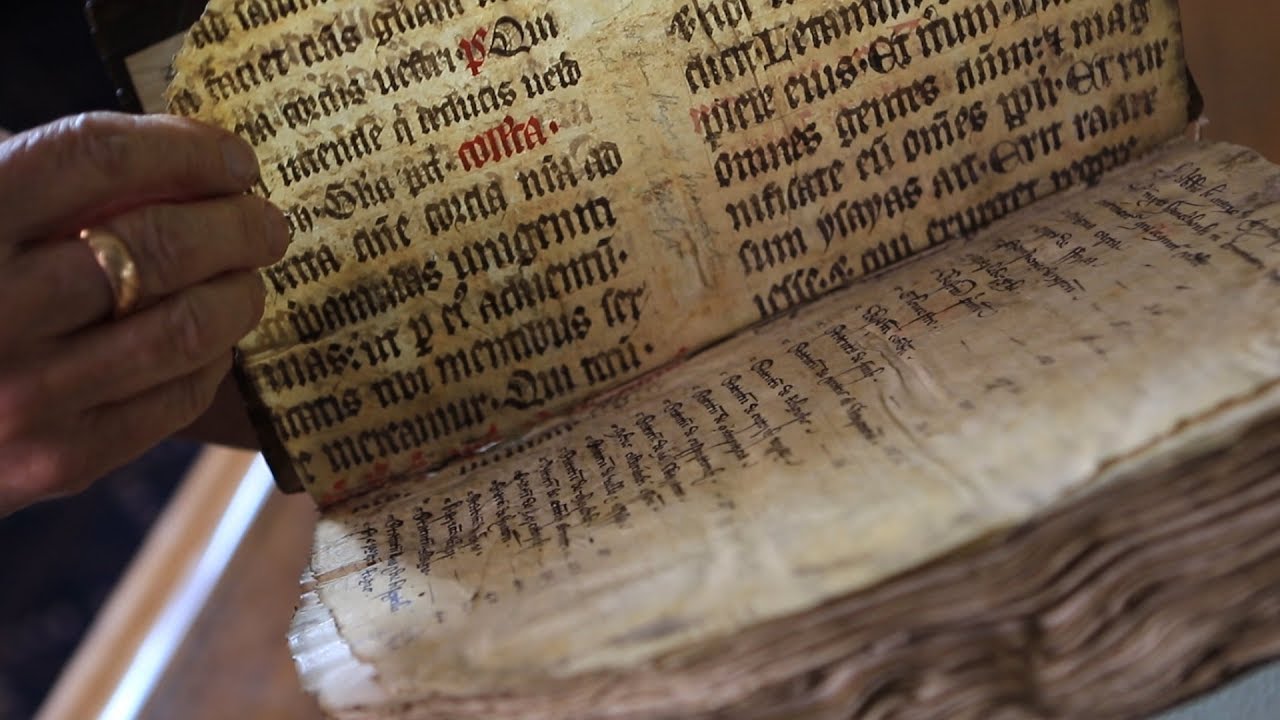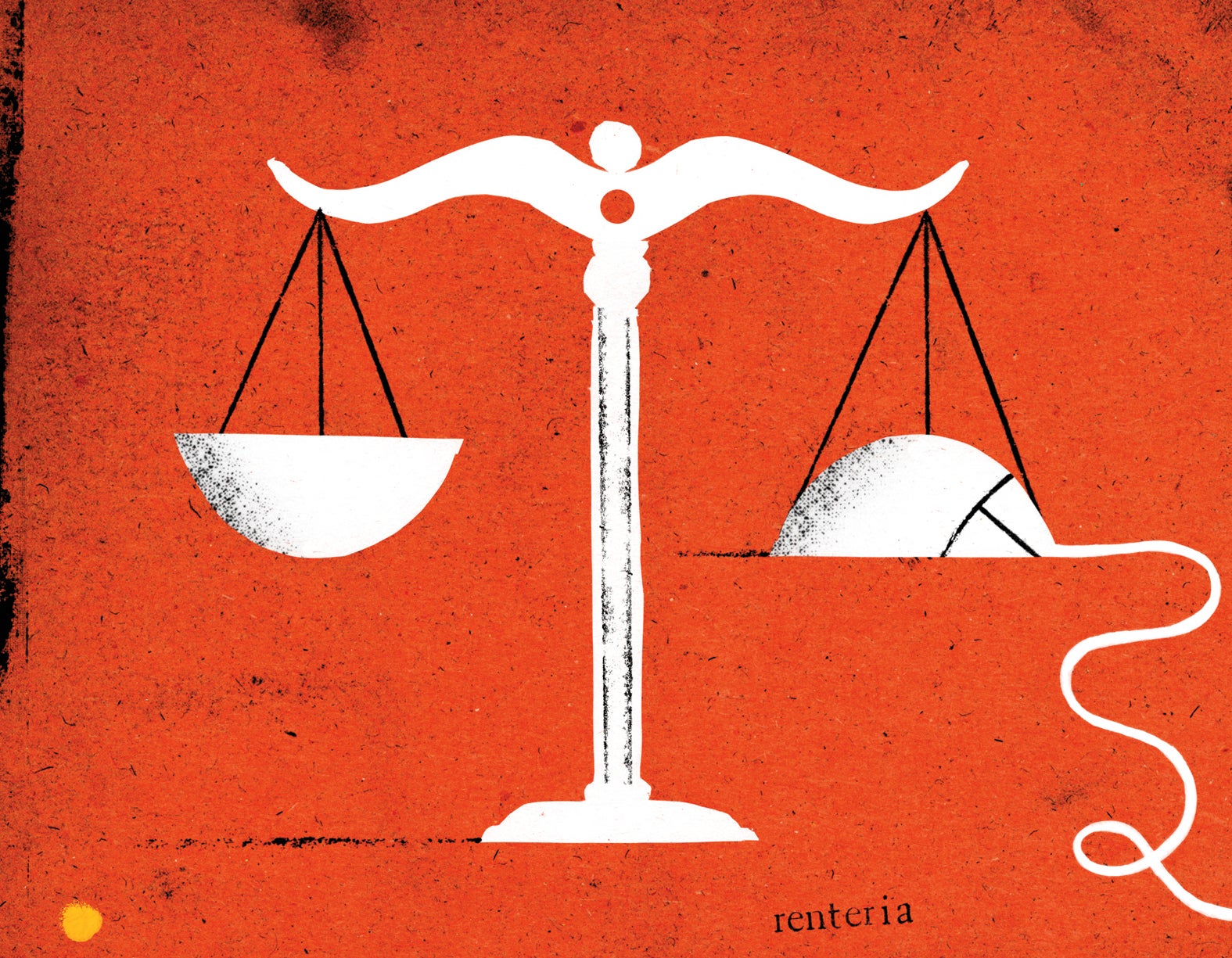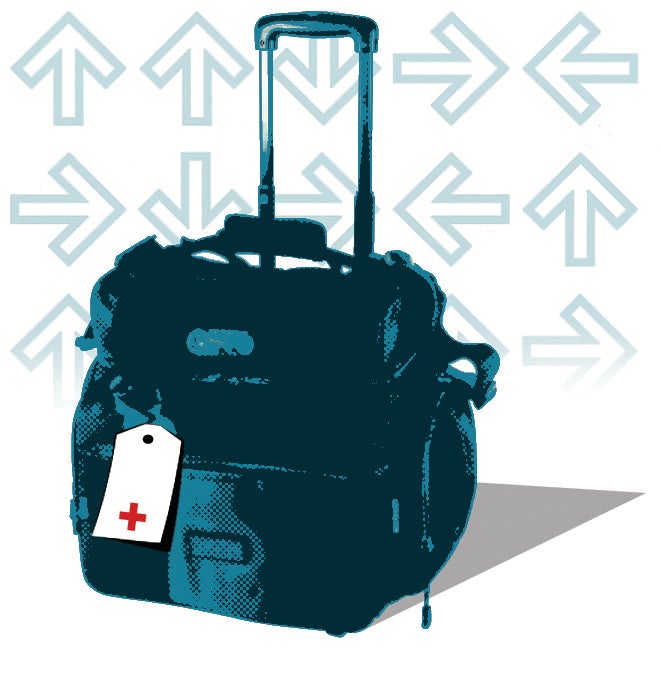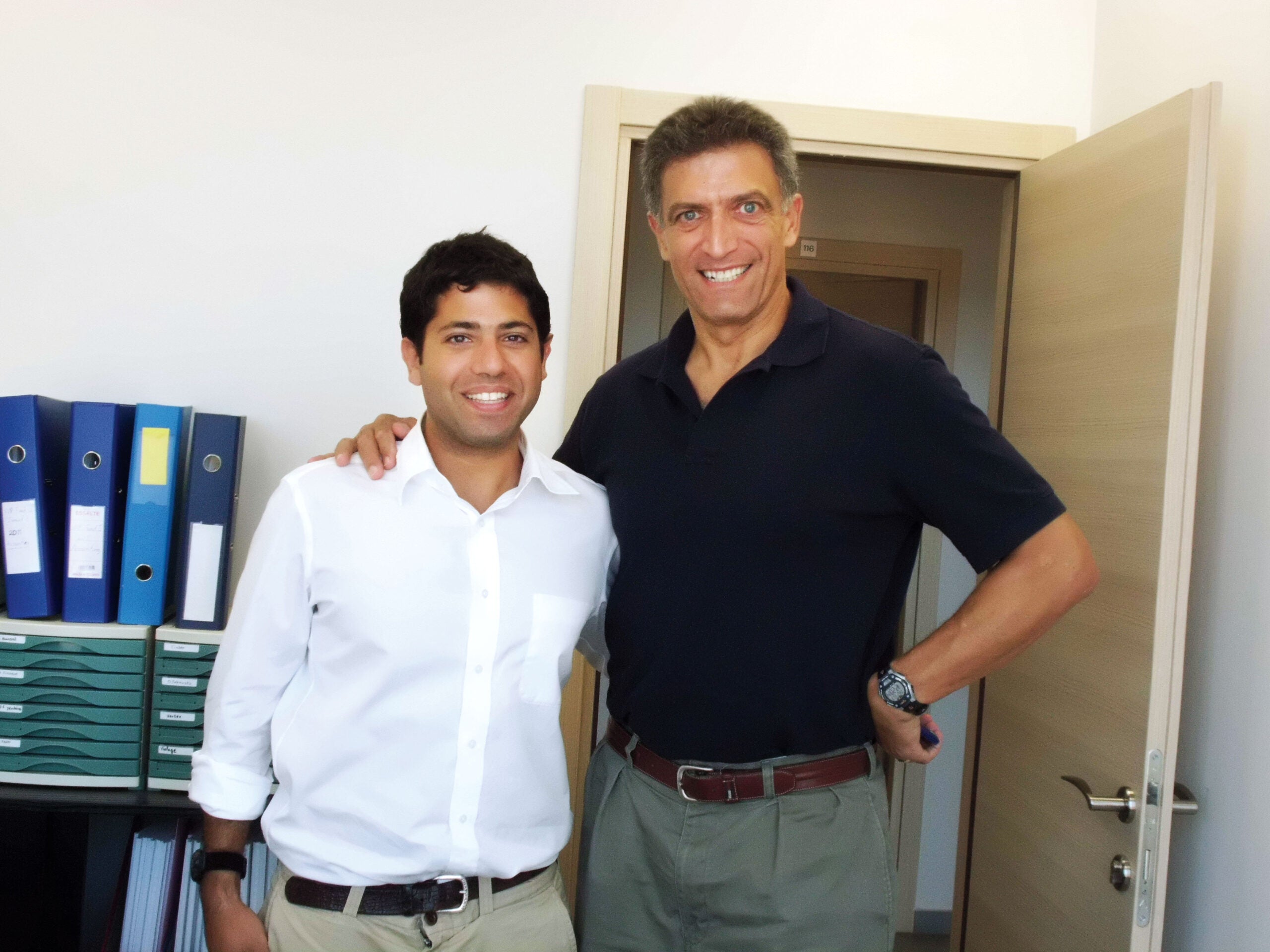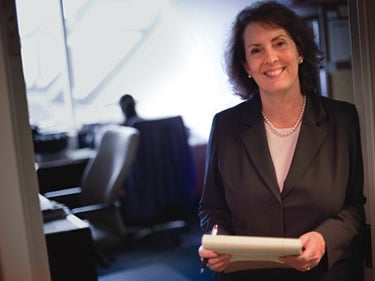Double Strength: A new collaboration between HLS and Brookings takes on security issues
Reflections on the Journey: Voices from the Celebration of Black Alumni
When Business Law Gets Clinical
An Advocate Before the Bench
Nancy Gertner's two decades as a defense attorney in Boston as a self-described “revolutionary” and “radical lawyer” redoubled her belief in the inherent unfairness of many aspects of the criminal justice system, including its disparate impact on racial minorities. As she relates in her new book, it also laid the groundwork for her federal judgeship.
Fear and Loathing
An Enduring Conversation
A Milestone But …
Stephen Shay: Reforming tax expenditures alone won’t fix the deficit
From Truth to Justice: Giving human rights scholarship real-world impact
A Shared Vision: The growth of a friendship and a professional collaboration born at HLS
An Old Manuscript, A New Page
The HLS Library’s recent acquisition and digitization of “Summa de Legibus Normanniae” (Summary of the [Customary] Laws of Normandy) has the attention of legal history scholars, particularly HLS Professor Charles Donahue, author of “Law, Marriage, and Society in the Later Middle Ages: Arguments about Marriage in Five Courts.”
iLaw: The next generation
Stand Up for Their Rights: Representing prisoners and training lawyers for 40 years
Faculty Sampler: From medical tourism to the system of the Constitution
Alumni Notes and Newsmakers
-
Daniel Doktori ’13 knew he wanted to work in the venture capital field during his first summer in law school. After reaching out to Israeli venture capitalist Yadin Kaufmann ’84, he spent the summer in Israel and the West Bank working on the first fund aimed at investing exclusively in Palestinian high-tech startups.
-
When Brody Jenny first started the DC Volunteer Lawyers Project, she imagined eventually attracting 10 attorneys; it now has 430.
-
By the time Tope Lawani ’95 started law school, he knew he would not likely spend his career practicing law. Already the impact of his Nigerian childhood and a captivation with investment markets had planted the seed of an idea that would eventually pull him back to his homeland in hopes of reaping great returns for investors—and for Africa itself.
